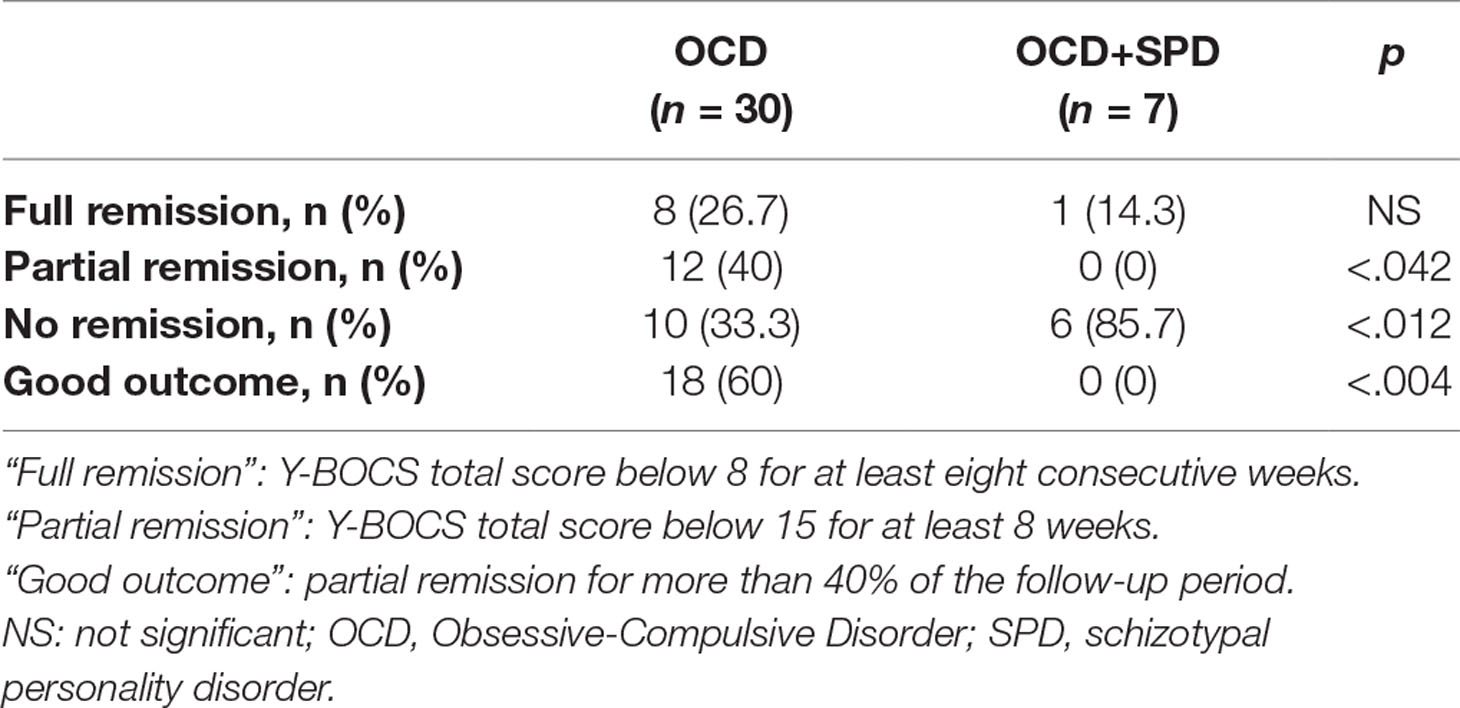

Talk therapy is thought to be the most effective treatment for OCPD. Medicines may help reduce anxiety and depression from OCPD. The health care provider will consider how long and how severe the person's symptoms are. OCPD is diagnosed based on a psychological evaluation.
#Obsessive compulsive personality disorder dsm 5 trial#
To the Editor: Dr Andrade’s analysis of the Bacloville trial in a recent Clinical and Practical Psychopharmacology column, in which he concluded that “individualized treatment with high-dose baclofen (30-300 mg/d) may be a useful second-line approach in heavy drinkers” and that “baclofen may be particularly useful in patients with liver disease,” deserves comment.1įirst, Andrade failed to recall that the first pivotal trial of baclofen, ALPADIR (NCT01738282 320 patients, as with Bacloville), was negative (see Braillon et al2). This integrative perspective in OC-related pathology addresses the dimensional nature of traits and psychopathology and may improve the transparency and validity of assessment procedures.īaclofen, a French Exception, Seriously Harms Alcohol Use Disorder Patients Without Benefit OCD, and especially the obsessive symptom domain, can be considered as the extreme end of OCPD traits.Ĭonclusions: The current study empirically supports the classification of OCD and OCPD along a single dimension. Results: The results support the continuity hypothesis, indicating that both OCD and OCPD can be represented along a single underlying spectrum.

Method: The validity of the continuity model for understanding the association between OCD and OCPD was explored in 787 Dutch community and referred adolescents (70% female, 12-20 years old, mean = 16.16, SD = 1.40) studied between July 2011 and January 2013, relying on item response theory (IRT) analyses of self-reported OCD symptoms (Youth Obsessive-Compulsive Symptoms Scale ) and OCPD traits (Personality Inventory for DSM-5 ). The current study aims to clarify whether this inclusion can be justified from an item response theory approach.

Despite these shared characteristics, there is an ongoing debate on the inclusion of OCPD into the recently developed DSM-5 obsessive-compulsive and related disorders (OCRDs) category. Objective: Various studies have shown that obsessive-compulsive symptoms exist as part of not only obsessive-compulsive disorder (OCD) but also obsessive-compulsive personality disorder (OCPD).


 0 kommentar(er)
0 kommentar(er)
